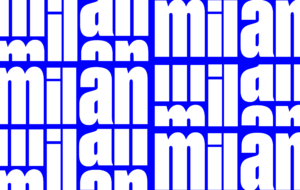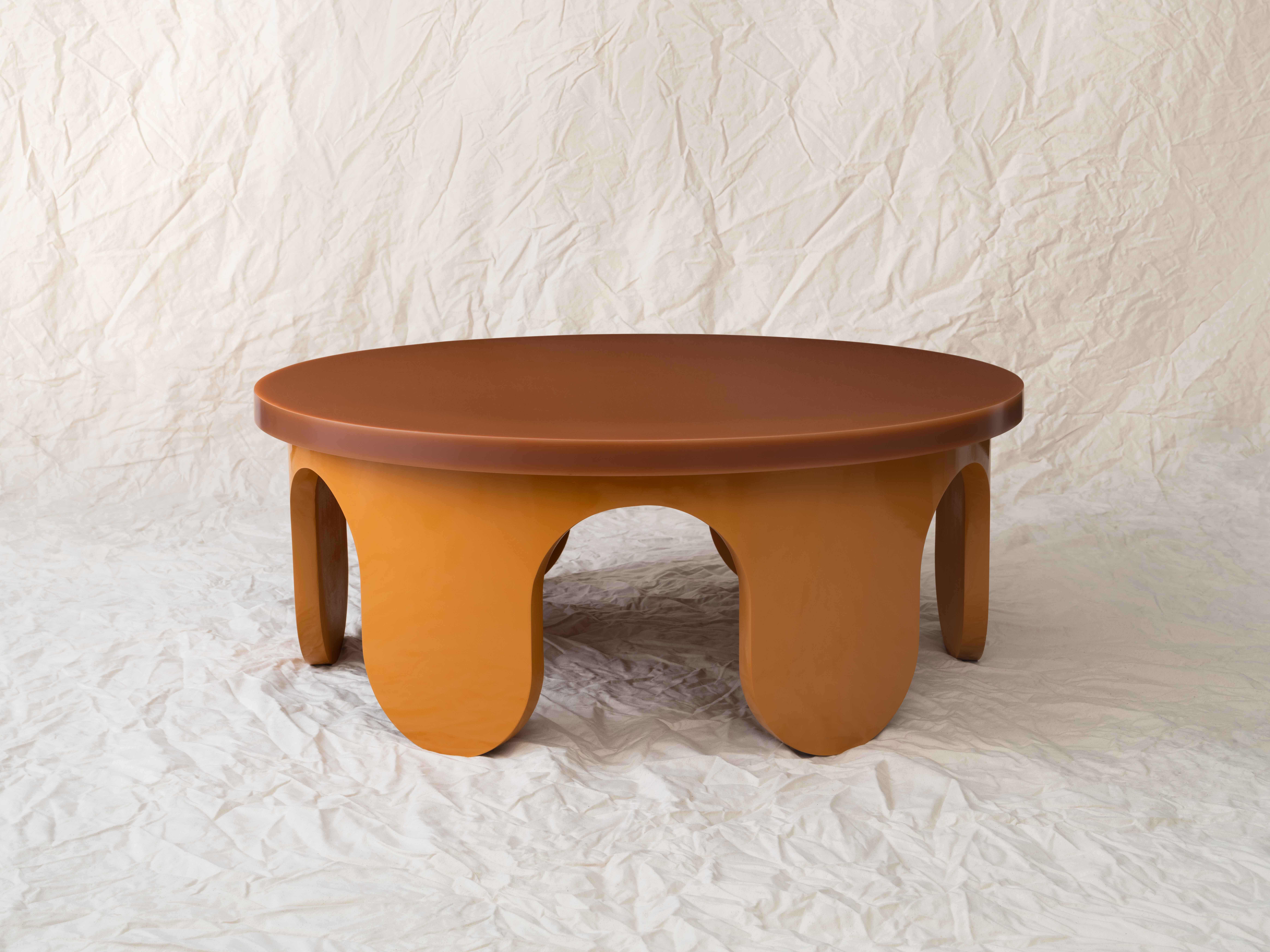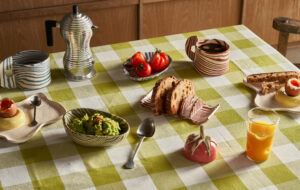
words Mark Rappolt
A new book says our male-dominated society treats animals and women as objects to make them more consumable.
On page 108 of The Pornography of Meat we encounter a photograph of the Turkey Hooker, a rather crude implement that looks like it was designed to facilitate the most gruesome of backstreet abortions. Of course, it’s actually designed to make your Christmas dinner more manoeuvrable: “an easy pick-up from plate to platter”, enthuses the packaging slogan. To add more force to the nudge and wink factor of the copy, a cartoon illustration of a large-breasted, stiletto-heeled turkey is posed alluringly to the side, above a rather graphic illustration of how the chef should penetrate her with his hook once she’s cooked. The Turkey Hooker combines precisely that mix of meat, marketing, pornography and implicit violence (against animals and women) that Carol J Adams is on to.
This is a book about sausages and “sausages”: the ones that are stuffed with pork and the ones that do the porking. It is populated by bunnies and Playboy bunnies, kittens and sex kittens, a couple of plates of “BIG ASS RIBS”, and plenty of breasts and thighs. But above all, it’s a sophisticated analysis of how advertising works. And naturally it attempts to tell us something about the male-dominated society that consumes all of the above. “How to enflame his ardour? Serve the man beef,” says the anonymous female author of an article from New Woman magazine and illustrated by a couple embracing in front of a butcher’s sausage counter.
Adams’ central argument is that just as the meat industry reduces animals to objects in order to make their slaughter more acceptable, so the pornography industry treats women as objects in order to make them equally consumable. And the advertising and marketing industries by taking advantage of these two super commodities, serve to spread this oppression of animals and women through society as a whole. So, an advertisement for Battered Halibut (“pre-browned for oven or deep-fry”) features a photograph of swimsuit-clad female sunbathers rather than a school of fish. And, in that it depersonalises its subjects, “body chopping”, a term used by the ad industry to describe images that display only a certain part of an individual, is only one step away from butchery. Adams has trawled America gathering the vast array of visual material collected here, and she’s very good at deconstructing it all. She wants us to understand how pornographers, butchers and advert designers work. She wants us to stop being entertained by the way they mask cruelty behind jokes (one incident we must not be amused by concerns a Fort Worth restaurant that during the Clinton presidency offered a “Hillary Dinner”: “two fat thighs, two small breasts and a left wing”), so that we can confront the problem. Or at least make graphic designers and copywriters think twice about what they do. Adams is a feminist and a vegetarian, and she definitely has an important point to make.
At times she gets a little carried away (she links “crush films” – in which female performers slowly crush small animals in their high-heeled shoes – to an advert for Kenneth Cole shoes that presents a loafer surrounded by cockroaches and invites purchasers to “choose your weapon”), but what makes this book worth reading is the fact that you don’t have to be a feminist or a vegetarian to get something out of it. That and the fact that it is profusely illustrated with some of the most titillating and shocking collection of illustrations – from menus and perfume adverts to chicken processing plants and bondage scenes – the meat and advertising industries can provide.
Leaving aside Adams’ suggestion that meat advertising, via its use of erotic imagery, is promoting a rather bizarre form of cannibalism, one of the more disturbing examples of how it reflects certain aspects of society at large occurs in an account of hunter Rex Perysan (borrowed from the Philadelphia Enquirer). Rex is pictured straddling a freshly shot boar and pulling its head back by the ears. Rex promised the photographer that he would “grab it like I grab my women”. This portrait certainly places a Penthouse advertisement for “Mammalia Americana”, a $5.95 pair of plastic novelty breasts mounted on a trophy board in a very sinister light.
The Pornography of Meat, Carol J Adams, Continuum, $24.95
Mark Rappolt is senior editor of Contemporary magazine


















